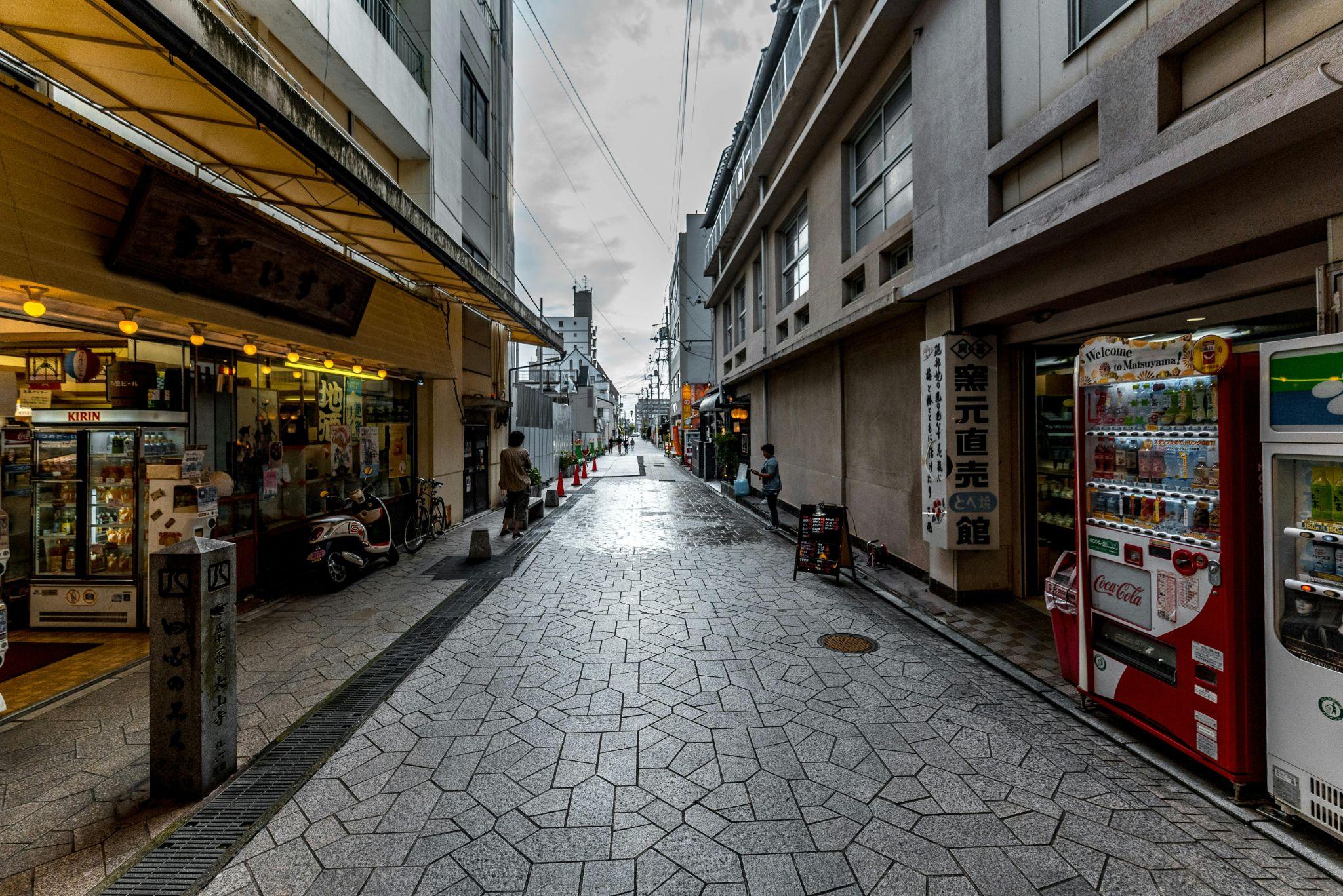Introduction
When most people think of vending machines, the image that comes to mind is a dull, metallic box humming in the corner of a break room, filled with stale chips, lukewarm soda, and questionable candy bars. It’s no surprise then that vending machines have a reputation for being cold, impersonal, and, well… robotic.
But if that’s still how you see vending, you’ve missed one of the most human-centered revolutions happening right under your nose.
Across the globe, vending machines are quietly transforming into micro-hubs of community support, sustainability, health, and heartfelt convenience. They’re delivering more than just snacks—they’re providing essential services, championing local producers, supporting underserved neighborhoods, and yes, even offering farm-fresh eggs with a side of soul.
Surprised? You’re not alone. But as you’ll soon discover, there’s a reason why thousands of people are now rethinking vending machines—not just as automated retail boxes, but as powerful tools for connection and commerce.
Let’s explore why today’s vending machines are anything but cold—and why the smartest consumers (and investors) are giving them a warm welcome.
More Than a Machine: A Modern Lifeline in a Fast-Paced World
We live in a world that’s moving faster than ever. Between jam-packed schedules, remote work, late-night study sessions, and 24/7 shifts, the modern lifestyle demands one thing above all: convenience.
Vending machines have stepped into that gap in ways we rarely stop to appreciate. They’re there when grocery stores are closed. They’re there when the pharmacy is miles away. They’re there when your child is crying in the car and you need something—anything—to settle them.
But they’re not just serving snacks anymore. They’re serving solutions.
From hospitals to train stations,University dorms to rural farms, modern vending machines dispense everything from healthy meals to hygiene products, electronics, PPE, pet food, artisanal goods, and even locally sourced eggs, milk, and bread.
Wait—eggs from a vending machine?
Absolutely. And here’s why that seemingly quirky detail might change the way you think about food, trust, and automation altogether.
The Rise of the Farm-Fresh Vending Movement
While vending machines have always been known for snacks and drinks, they’re now making their mark in agriculture. In countries like Japan, Germany, the Netherlands, and even parts of rural America and Australia, farmers are installing egg vending machines—and the demand is exploding.
These small-scale, self-service kiosks allow farmers to sell fresh eggs directly to consumers without middlemen, overhead retail costs, or limited store hours. The eggs are often laid that very morning, packed into the machine, and sold to grateful customers within hours.
If you’ve ever wondered why you should buy eggs from a vending machine, the answer is surprisingly heartwarming.
You’re not just getting fresher, more flavorful eggs. You’re supporting small, local farms. You’re choosing a sustainable, waste-free distribution model. You’re buying real food, from real people, in real time.
Plus, it’s convenient. No long grocery lines. No wondering how long those supermarket eggs sat in storage. No navigating a sprawling parking lot for one item. Just a simple, efficient, low-touch interaction that feels surprisingly… human.
It’s the kind of experience that makes you smile. That makes you feel connected. And that’s exactly what the new generation of vending machines is designed to do.
Designed for People, Not Just Profits
What makes today’s vending experience feel so much warmer than the cold metal boxes of yesterday?
It’s the shift in intention.
Modern vending entrepreneurs aren’t just stocking machines with whatever sells. They’re thinking deeply about who they’re serving, what those people need in that moment, and how to make that interaction feel personal—even if no one is physically there.
That’s why some vending machines now feature:
Locally sourced goods from nearby farms or artisans
Thoughtful product curation based on location (i.e., skincare in gyms, chargers in airports, allergy-safe snacks in schools)
Touchscreens with product info, allergy warnings, or sustainability badges
Cashless payments, QR codes, loyalty programs, and even charitable donations
You might think technology would make the experience feel more sterile. But in truth, smart vending is doing the opposite—it’s making each purchase feel seen, relevant, and intentional.
Whether it’s a health-conscious snack before a workout, a feminine hygiene product for a student caught off guard, or a tray of free-range eggs for a busy parent who can’t make it to the farmer’s market, the new vending experience is one of quiet understanding.

Vending machines are becoming community touchpoints.
In underserved or rural areas where full-service groceries and pharmacies are rare, vending machines have stepped in to fill critical service gaps. They’ve become mini markets, wellness stations, and even cultural outreach tools.
In cities like Chicago and Los Angeles, vending machines are being used to distribute free hygiene kits, naloxone for overdose prevention, and essential supplies to those in need.
In Australian towns without 24-hour convenience stores, vending machines stocked with bread, milk, and eggs serve as life-savers for shift workers, single parents, and elderly residents.
In European neighborhoods, vending machines are operated by local bakeries and dairy farms that stock fresh food multiple times a day, creating a direct line between producer and consumer. They’ve become part of the social fabric—places where neighbors stop, chat, and connect over the shared convenience of good food, available anytime.
These machines aren’t cold. They’re lifelines. Anchors. And increasingly, symbols of local resilience.
Vending and the Power of Trust
There’s something quietly radical about trusting a machine to deliver your groceries.
Unlike a supermarket, there’s no employee to guide you, no manager to solve your issue. The transaction is quick, self-directed, and immediate.
And yet, vending has earned more trust in recent years than many traditional formats.
Part of that is due to the rise in contactless commerce. During the pandemic, people craved low-touch, low-risk purchasing options. Vending delivered—literally. From masks to hand sanitizer to rapid tests, vending became the first and only place people could access critical items safely.
But the trust goes deeper. When you buy eggs from a vending machine at a local farm, you’re trusting the farmer. When you grab a late-night meal from a vending unit in a hospital, you’re trusting the operator to think of you. When you grab baby wipes from a vending unit at 2 a.m., you’re trusting that someone cared enough to stock what mattered.
That trust turns a simple transaction into an emotional exchange. And that’s something you won’t find at a checkout lane.
Why the Future of Vending Is Bright—and Deeply Human
As automation, AI, and self-service technology continue to evolve, vending machines are quietly proving that convenience and connection don’t have to be opposites. In fact, they can (and should) live side by side.
The best vending machines of tomorrow won’t just dispense things. They’ll delight, surprise, support, and serve. They’ll offer hyper-local products, address real-time needs, and reflect the values of the communities they stand in.
And yes, they’ll still be made of steel. They’ll still hum quietly in the background. But they’ll do what the best businesses always do—make life a little better, a little easier, and a little more human.
So the next time you walk past a vending machine, pause. Look closer. Whether it’s stocked with snacks, books, or a tray of eggs laid that very morning, there’s a good chance that machine isn’t cold at all.
It just might be one of the warmest ideas in modern retail.

















